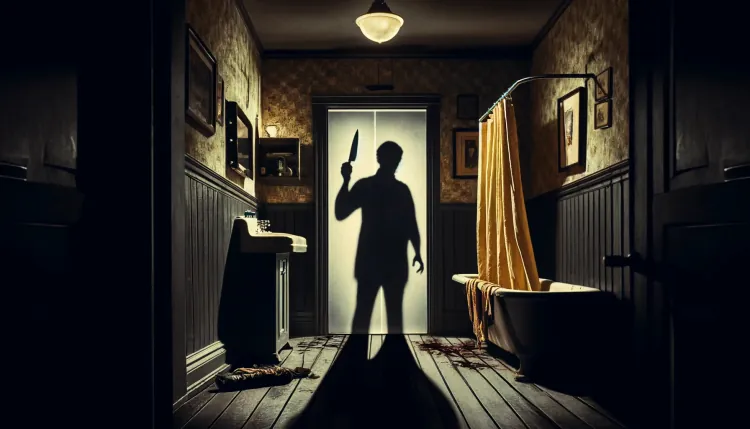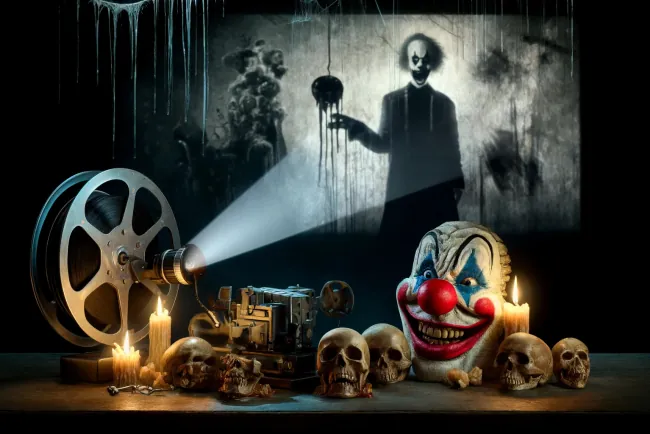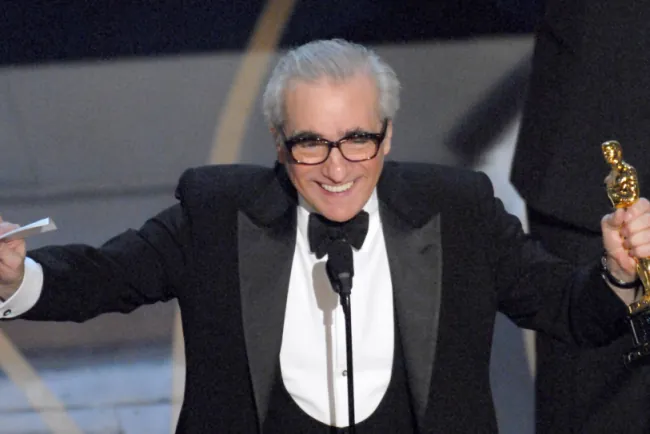Psycho's Psychological Impact: How the Classic Thriller Shaped Cinema and Its Viewers
Psycho movie impact, Alfred Hitchcock, thriller genre, psychological horror, slasher genre, Norman Bates, shower scene, horror cinema

Alfred Hitchcock’s Psycho (1960) stands as a monumental thriller that revolutionized cinema. More than six decades since its release, its cultural and psychological impact remains significant. Let's delve into how Psycho affected filmmaking, societal perceptions, and audience psychology.
1. Redefining Cinematic Conventions
Psycho was a cinematic rule-breaker:
- Narrative Structure: By killing off its apparent protagonist, Marion Crane (Janet Leigh), early in the film, Psycho defied traditional storytelling structures, keeping audiences on edge.
- Moral Ambiguity: The main antagonist, Norman Bates (Anthony Perkins), is portrayed as a conflicted, sympathetic character, providing a template for future antiheroes.
- Visual Language: Hitchcock’s innovative use of camera angles, music, and editing—most famously in the shower scene—redefined suspense.
2. Influencing Horror and Thriller Genres
The film’s groundbreaking approach set the stage for psychological thrillers and horror films:
- Slasher Genre: Psycho is widely considered the precursor to the slasher genre, influencing movies like Halloween and Friday the 13th.
- Psychological Depth: Unlike earlier horror, Psycho delved into the human psyche, shifting focus from external monsters to internal fears.
3. Societal Impact and Legacy
The film had a profound effect on societal attitudes and behaviors:
- Heightened Awareness: The infamous shower scene left viewers more conscious and wary in their daily lives, especially in seemingly safe environments.
- Mental Health Perceptions: Though often criticized for reinforcing stereotypes, Psycho sparked greater interest in psychological disorders and how they affect behavior.
- Censorship and Rating: The film broke taboos, pushing the boundaries of what was acceptable in mainstream cinema and contributing to the evolution of movie rating systems.
4. Audience Psychological Impact
Psycho remains a master class in manipulating audience emotions:
- Tension and Suspense: Hitchcock’s direction created a persistent sense of dread, with the haunting score and Bates' unpredictable behavior keeping viewers constantly tense.
- Empathy and Fear: By eliciting empathy for both Marion Crane and Norman Bates, Hitchcock created complex emotional responses. Viewers experienced horror not just at Bates’ actions but at their conflicting emotions towards him.
Conclusion
Psycho has left an indelible mark on cinema and its audiences. By redefining cinematic norms, influencing an entire genre, and shifting societal perceptions, Alfred Hitchcock's masterpiece remains a powerful study in suspense and psychological horror. Its legacy lives on through the filmmakers and audiences who continue to be fascinated by its enduring psychological impact.
What's Your Reaction?






















